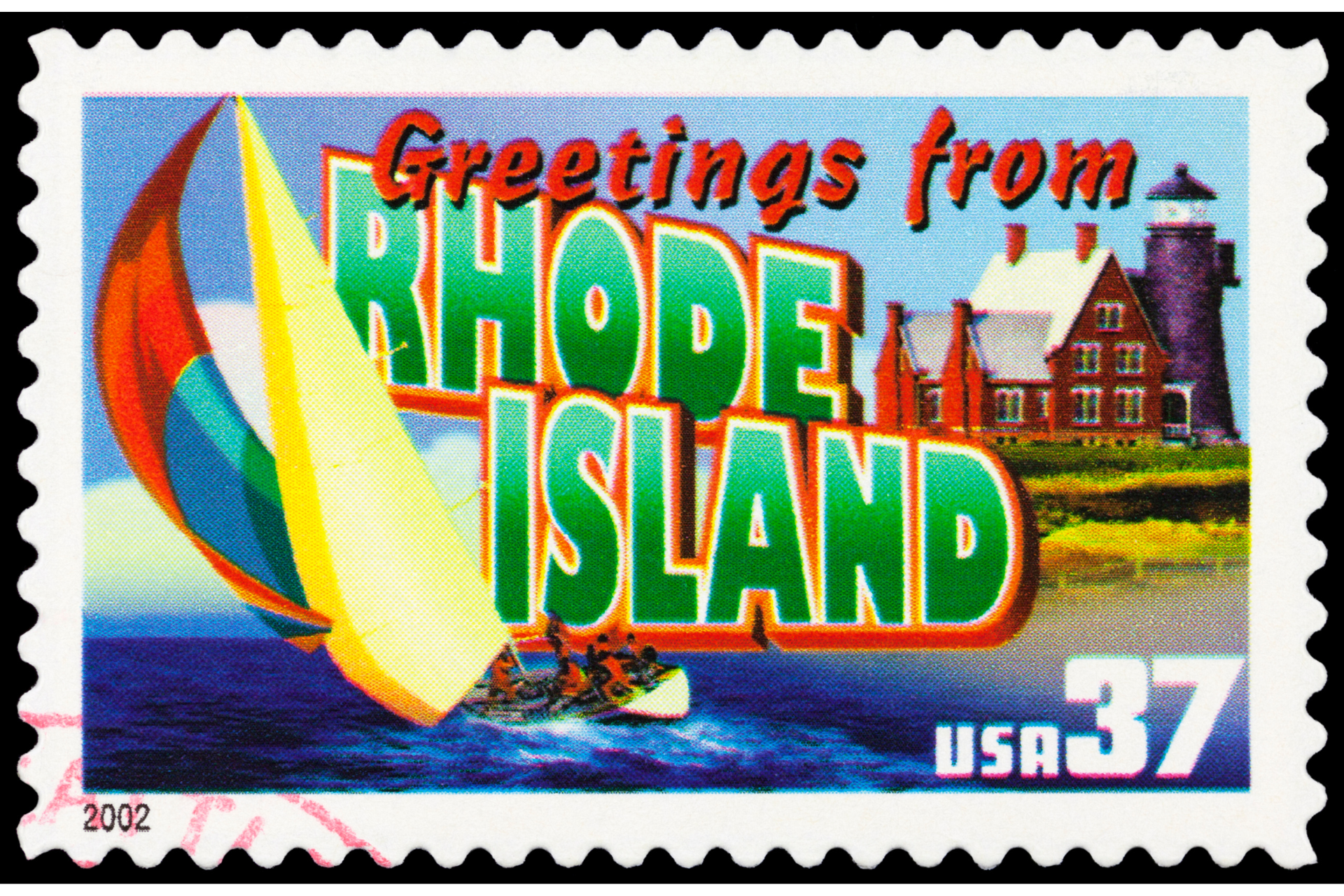Rep. Mike Gallagher (R-WI), who serves as Chairman of the Select Committee on the Strategic Competition Between the United States and the Chinese Communist Party, took to The Hill last week in a powerful op-ed in which he urged the inclusion of the bipartisan Compact of Free Association (COFA) Amendments Act any government funding package that Congress passes.
The COFA bill authorizes and funds new treaties that the U.S. agreed to in 2023 with three small Pacific island nations: the Republic of the Marshall Islands (RMI), the Federated States of Micronesia (FSM), and the Republic of Palau.
“If we don’t fund this agreement,” Gallagher wrote, “these [nations] have warned they may soon be forced to turn to the Chinese Communist Party (CCP) for economic support and political patronage.”
What happened?
Current COFA treaties with Marshall Islands (RMI) and the Federated States of Micronesia (FSM) expired in 2023 and the one with Palau will expire in 2024. In total, the renewed agreements call for $7.1 billion in funding from the U.S. over twenty years. Congress has not approved the payments, and the COFA nations are getting impatient as they wait for needed resources.
All three of the Freely Associated States were part of the U.N.’s Pacific Trust Territory, and they were administered as territories by the U.S. Beginning in the 1980’s, they achieved independence and signed Compacts of Free Association with the United States.
The core of the COFA relationships is the grant of U.S. military power in those nations. In rough exchange, the COFAs also enable citizens of these three nations to travel, work, and study freely in the United States. The COFAs also call on the U.S. to provide limited financial assistance to their populations, ranging from roughly 18,000 people (Palau) to over 100,000 (FSM).
Negotiations to renew these provisions were completed last fall. However, funding has not yet been approved for the agreements. Congress may have intended to renew the funding but has been unable to accomplish this in the current political climate.
The result has been a full court press from China. “Beijing’s goal is to undermine these entities’ relationships with the United States, weaken their state institutions, and ultimately create the conditions in which the U.S. is forced to give up its presence in the western Pacific,” says The Diplomat. “As one senior Chinese official told U.S. Admiral Timothy Keating: ‘You take Hawai’i east. We’ll take Hawai’i west.’”
Frustrated, the presidents of the FAS wrote to U.S. Senate leaders, saying, “The agreements that this legislation would approve were to take effect last fall. Although we understand the delay in the legislation’s approval, it has generated uncertainty among our peoples. As much they identify with and appreciate the United States, which formerly governed our islands, this has resulted in undesirable opportunities for economic exploitation by competitive political actors active in the Pacific.”
According to The Diplomat, “The problem is not that they are considered unimportant or that there are disqualifying issues with the agreements – they have successfully passed out of the dozen relevant committees in both the Senate and the House. It’s that the COFA renewals have reached Congress during one of its most dysfunctional periods in recent memory.”
What happens next?
Rep. Gallagher sees Communist China pressuring the FAS economically and politically. The Indo-Pacific region is of great strategic importance to the United States and to China. “Should the CCP succeed in its attempts to displace us in the Central Pacific,” he writes, “it would put Chinese military forces well past the Second Island Chain, dramatically closer to American territory, seriously complicating our national defenses as well as our ability to defend Taiwan, Japan, the Philippines and other Pacific partners.”
His solution? Fund the new agreements between the FAS and the United States.
As Puerto Rico considers the possibility of developing its own Compact of Free Association with the United States as a new sovereign nation (it is one of the political status options listed in the Puerto Rico Status Act), it is important to notice that things do not always go as anticipated in COFA relationships,and COFA nations cannot dictate to the U.S. to fund its obligations if Congress is unwilling or unable to do so.


